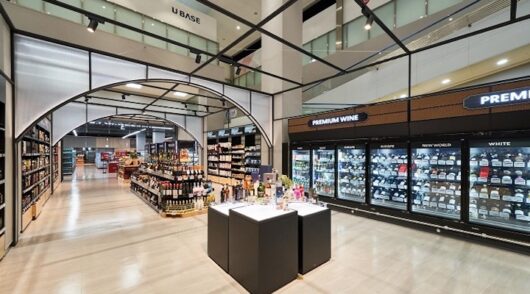Global apparel, footwear and accessories company VF Corporation has revealed sustainability commitments dubbed as its “Science-Based Targets (SBTs)” for the year ahead.
VF’s new science-based targets (SBTs) are among the most ambitious in the industry and are aligned with the ideology of using its global scale for good. SBTs are greenhouse-gas emission-reduction targets that are in line with meeting the goals of the Paris Agreement.
The company underwent a two-year long collaborative process to develop its new SBTs, partnering with global consultancy, the Carbon Trust. The consultants used data from across its owned-and-operated facilities and its product life cycle from farm to retail store, engaging deeply with its entire value chain.
As outlined in the report, the company has made measurable progress against its targets. Currently, half of VF’s distribution centres around the world are zero-waste facilities and 16 of VF’s owned buildings are LEED certified. VF has also improved its workers’ conditions and wellbeing under its “Worker and Community Development (WCD) Program” such as empowering female workers on menstruation in India and providing workplace health-and-nutrition benefits in Cambodia.
Aside from meeting the UN Sustainable Development Goals, VF will be focusing on three pillars across its business and supply chain: the company aims to seek strength in the commercialisation of circular business models to reduce VF’s environmental impact while creating new growth opportunities. Additionally, building on VF’s global scale and influence, the company will drive impact reduction across the broader industry by enabling VF and its brands to serve as a catalyst for powering movements of sustainable and active lifestyles.
Steve Rendie, VF’s Chairman, president and CEO shares: “Our Made for Change strategy outlines our forward-looking priorities and provides us with a renewed focus to push ourselves harder and farther as we address some of our industry’s most challenging issues.”
The company is confident that by 2030, all of its top nine materials (which comprise 90 per cent of its material-related carbon emissions) will originate from responsible or regenerative sources.






